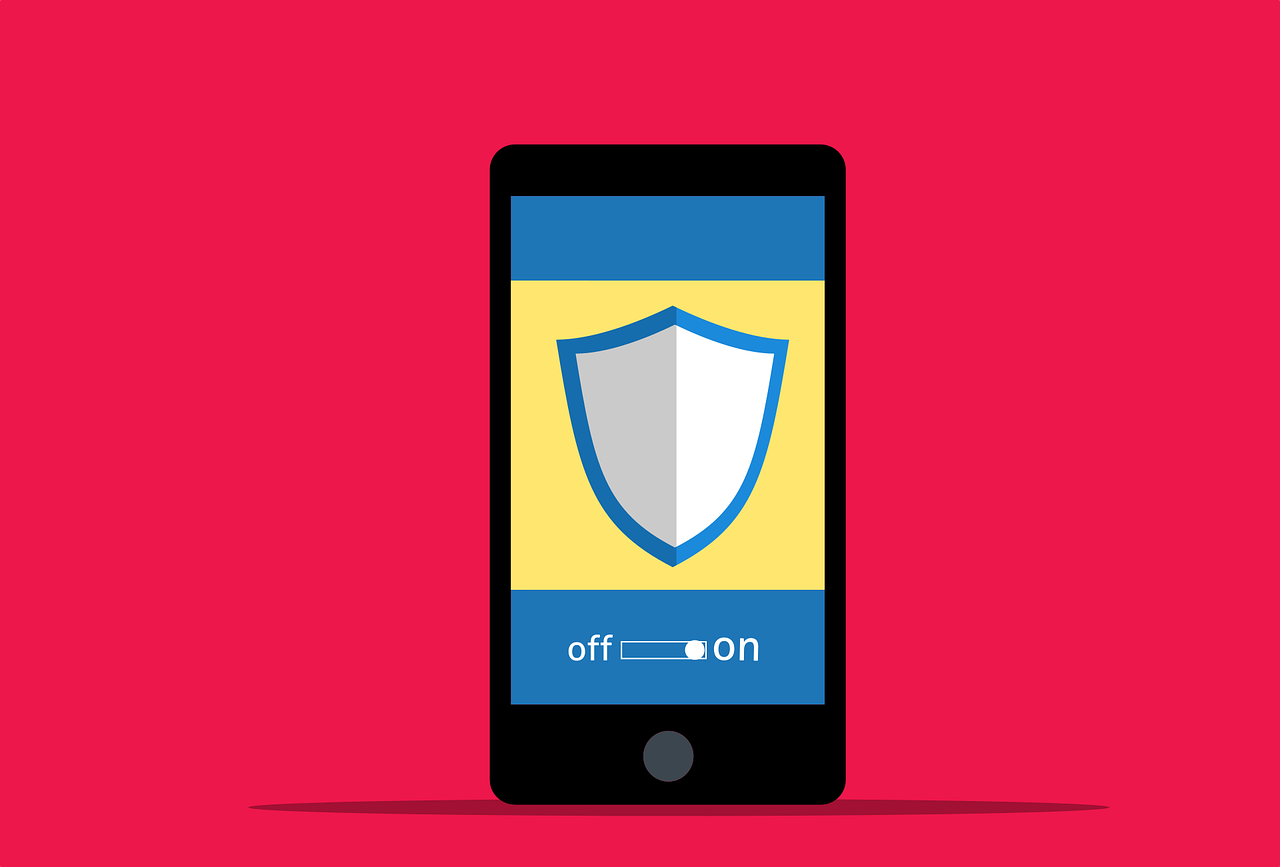7 Customer-Facing Technologies to Give You an Advantage
Customers look for convenience. In today’s world that means technology that makes their life easier. From webforms to POS systems, you need to keep the customer experience in mind in all you do.
When people aren’t happy with their experience interacting with a company, they leave. And their experience might not have anything to do with your products or services. Maybe they found it hard to navigate your website. They may have a question, but no one was around to answer it.
Customers expect you to make it easy for them to do business with you. Companies that do that, reap the benefits. Customer-centric companies are 60% more profitable than those that aren’t.
Technology is key to converting website visitors into clients. It’s also key for keeping customers happy and returning to buy again.
Where should you focus? Below are several ideas for all business budgets.

Cloud Forms
Are you still emailing forms in Microsoft Word to your customers? Using cloud-based forms makes the experience much better. Your customer doesn’t need to save a form to their computer and remember to email it back. Instead, they can follow a link and fill out the info online from any device.
Moving your forms to the cloud makes it easier for you as well. The form data comes in automatically. These systems also collate forms and provide analytics.
If you use Microsoft 365, then you already have a cloud form tool. Look for Microsoft Forms in your available applications or visit Microsoft’s site.
Digital Signatures
Experts expect the use of eSignatures to grow by 69% by 2024. The ability to digitally sign documents means more contracts get signed. People don’t have to print out a form, sign it, then scan it back in. Any of those activities could mean a bump in the road.
Printers run out of ink. People have trouble with a scanner they rarely use. The list goes on. Any problem can mean a customer rethinks signing a document that you need.
Using digital signatures streamlines the process. You can handle the transaction online. You also ensure you have a legally binding signature.
Smart Chatbot
When someone makes a buying decision, they often have a question. If they don’t have a quick and easy way to get an answer, they may go elsewhere.
Chatbots are really smart these days. If you program them right, they can answer a large percentage of repeat questions. They’re there 24/7 on your website ready to help in a moment of need.
Many customers actually like them. About 68% of consumers are happy using helpful chatbots. They say they like that they get a fast answer from a bot. This isn’t always the case when customers send an email.
SMS Notifications
SMS notifications are another type of technology that can improve customer experience.
Emails have become flooded with junk mail. When someone needs to know about a shipment or purchase, they often prefer it by text. This way the message isn’t missed.
Think about implementing SMS notifications for important customer alerts. Make sure you have an opt-in and opt-out method. It’s also a best practice to let the customer choose which alerts they want to receive. Such as payment notifications, sales, or shipping details.
Business Mobile App
People have been in a transition from websites to apps for a while. Of course, the internet isn’t going away, but apps are gaining ground. A big reason for this is the rise of smartphone use.
Smartphone searches are overtaking web searches. And when people are on a mobile device they prefer apps over websites. Studies show that mobile users spend 90% of their time using apps, and just 10% using an internet browser.
Think about implementing a mobile app for your business. This can make it easier for customers to do business with you. It also gives you more marketing and service capabilities, such as push notifications.
If you’re on a tight budget, you could start with a “wrapper” app. These are solutions that take your existing website and transform it into an app.
FAQ Kiosk
For retail stores, having an FAQ kiosk available can provide a positive experience. It can allow customers to get questions answered quickly. It could also help them look up sales and coupons.
Service businesses can also benefit by using this digital tool. They can use it for commonly asked questions. They can also use it to direct clients to staff offices.
VoIP Phone System
You might think of your phone system as an internal piece of IT. But it’s also one of your most customer-facing technologies. The experience people get when they call is a vital part of how they view your business.
VoIP phone systems give staff the flexibility to help customers anywhere. This is true even when away from their desks. They also enable things like group ring, auto-attendant, and voicemail to email. All these features make for better caller interaction with your business.
Get Help Planning Your Technology Roadmap
Which technology upgrades will benefit your bottom line the most? How should new systems integrate into existing solutions? These are some of the things we look at when helping you look ahead to the future. Give us a call today to schedule a chat.
More from our blog



